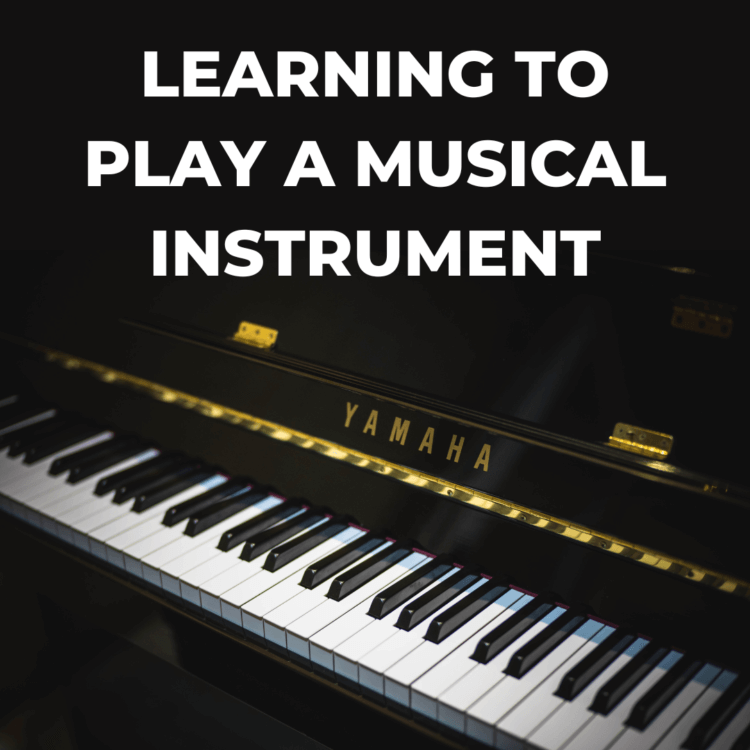Embarking on the journey of learning to play a musical instrument is more than a mere skill acquisition—it’s an enriching experience that nurtures creativity, discipline, and a profound connection with the language of music. In this blog, we’ll explore the myriad benefits of learning to play a musical instrument and provide insights into how this harmonious pursuit can bring joy and fulfillment to your life.
Cognitive Benefits:
Learning to play a musical instrument is a workout for the brain. It involves the coordination of multiple sensory inputs, fine motor skills, and the interpretation of musical notation. Research has shown that musicians often exhibit enhanced cognitive abilities, including improved memory, attention, and problem-solving skills.
Emotional Expression:
Music is a universal language of emotions, and playing an instrument provides an avenue for self-expression. Whether it’s the soothing melody of a piano or the passionate strumming of a guitar, the act of playing allows individuals to convey and process a wide range of emotions, fostering a deeper understanding of oneself.
Stress Relief and Relaxation:
Engaging with music has a therapeutic quality, and playing an instrument is no exception. The focus required to produce music, combined with the rhythmic patterns and harmonies, creates a meditative experience. Playing an instrument can be a powerful stress-relief tool, offering moments of relaxation and escape from the pressures of everyday life.
Discipline and Patience:
Mastering a musical instrument is a journey that demands discipline and patience. Learning to read sheet music, practicing scales, and refining technique all require commitment and consistency. Aspiring musicians learn the value of patience as they navigate the challenges of improvement, fostering a sense of accomplishment over time.
Social Connection:
Music has the magical ability to bring people together. Joining a band, orchestra, or ensemble provides an opportunity to connect with others who share a passion for music. Collaborative music-making fosters teamwork, communication, and a sense of belonging within a community of fellow musicians.
Boosted Self-Esteem:
As proficiency in playing an instrument grows, so does self-esteem. The sense of achievement that comes with successfully learning a piece or performing for an audience contributes to a positive self-image. Overcoming challenges in the musical realm often translates into increased confidence in other areas of life.
Lifelong Learning:
The pursuit of musical knowledge is a lifelong journey. There’s always room for improvement, new genres to explore, and techniques to master. Learning to play a musical instrument instills a love for continuous learning, encouraging individuals to remain curious and open to new experiences throughout their lives.
Enhanced Coordination:
Playing a musical instrument requires the simultaneous use of both hands and, in some cases, additional body movements. This enhances hand-eye coordination, motor skills, and overall physical dexterity. Musicians often develop a heightened sense of control and precision in their movements.
Conclusion:
Learning to play a musical instrument is not just about creating beautiful sounds; it’s about unlocking a world of personal and cognitive development. The journey is a tapestry of challenges, triumphs, and the sheer joy of creating music. Whether you’re drawn to the rhythmic beats of drums, the melodic tones of a violin, or the versatile keys of a piano, the experience of learning an instrument is a gift that keeps on giving. So, pick up that guitar, dust off that keyboard, or tighten those drum skins—immerse yourself in the world of music and let the harmonious journey begin.










No Comments
Leave Comment